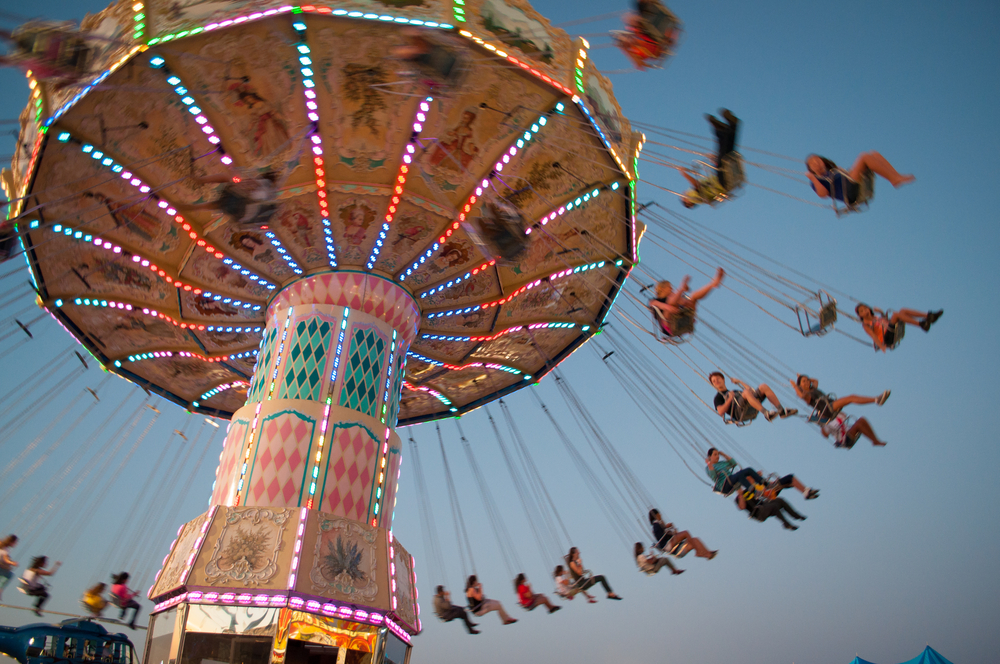At Your Leisure

Given the opportunity to choose between £1,000 to spend on a shopping trip or £1,000 to spend on a weekend of activities, I can say with unwavering doubt which one I would prefer.
Working long hours goes hand in hand with working in recruitment, as the best time to catch clients and candidates is before their work day starts or when it has ended. This means, any free time I do have, I spend doing things that I enjoy most like eating out, going to a cocktail bar, or visiting friends somewhere in the UK (and avoiding ironing at all costs).
According to a recent report by Deloitte, UK consumer expenditure on leisure activities has grown twice as fast in comparison with total consumer expenditure, with 95% of those surveyed having spent on leisure in the first quarter of 2016.
85% of those spent on eating out, 77% on in-home entertainment, 75% on culture and entertainment, 73% on drinking in coffee shops, and 70% on drinking in bars and pubs.
Aside from giving a strong indication of consumer confidence, this information also suggests the consumer mentality has shifted too, with people seeking experiences and excitement rather than material goods such as clothes and accessories.
This new consumer mentality means individuals have adapted to owning less and sharing more, such as houses and cars, paying for access to assets rather than ownership, thus leaving them with more disposable income to spend on the things they enjoy.
In response to this, the market has rapidly adapted, with new offerings springing up every week, from trampoline parks, to outdoor activity centres, to giant adult ball pools (yes, really). The F&B subsector is moving quickly too, with chain and independent restaurants, bars and coffee shops opening regularly across cities in the UK.
With annual turnover of £117 billion, the UK leisure sector is an ever changing beast, adapting to consumer demands and market trends. While there is still an element of uncertainty and speculation following the recent Brexit referendum, the leisure industry at this point seems to be fairly resolute. In the long-term however, the effects are still largely unknown.
The falling pound will inevitably have an impact on leisure travel, but a weaker pound has already encouraged overseas visitors to book travel to the UK. It is also likely to encourage Britain’s residents to explore neighbouring cities rather than venture abroad, resulting in a thriving market for UK tourism and hotel operators.
Deloitte also found when disposable income decreases or there is economic uncertainty, the first luxuries to be sacrificed are regular habitual leisure activities such as eating out, despite being the public’s favourite leisure pastime. In theory, although domestic consumers may reduce their spending on eating and drinking out, visitors from overseas are far more likely to splurge on fine dining and cocktails with more holiday spends on arrival in the UK.
According to a report by GfK, UK consumer confidence dropped by 11 points following the referendum, the biggest monthly drop in over 26 years, but this in itself can be a self-fulfilling prophecy. If consumer confidence falls because of uncertainty, this generally leads to lower spending, higher savings, and a drop off in the rate of economic growth.
Admittedly, the decision to leave the EU brings some uncertainty and the future of the economy is difficult to predict, but it may also bring a wealth of opportunity for further diversity and market growth. Despite speculation about the future of the UK economy, we as consumers have to stay confident and maintain our habitual activities where affordable to sustain a steady domestic leisure industry.
Shaunagh Durkin, Senior Consultant, Shopping Centre & Venue Management, Foundation Recruitment
